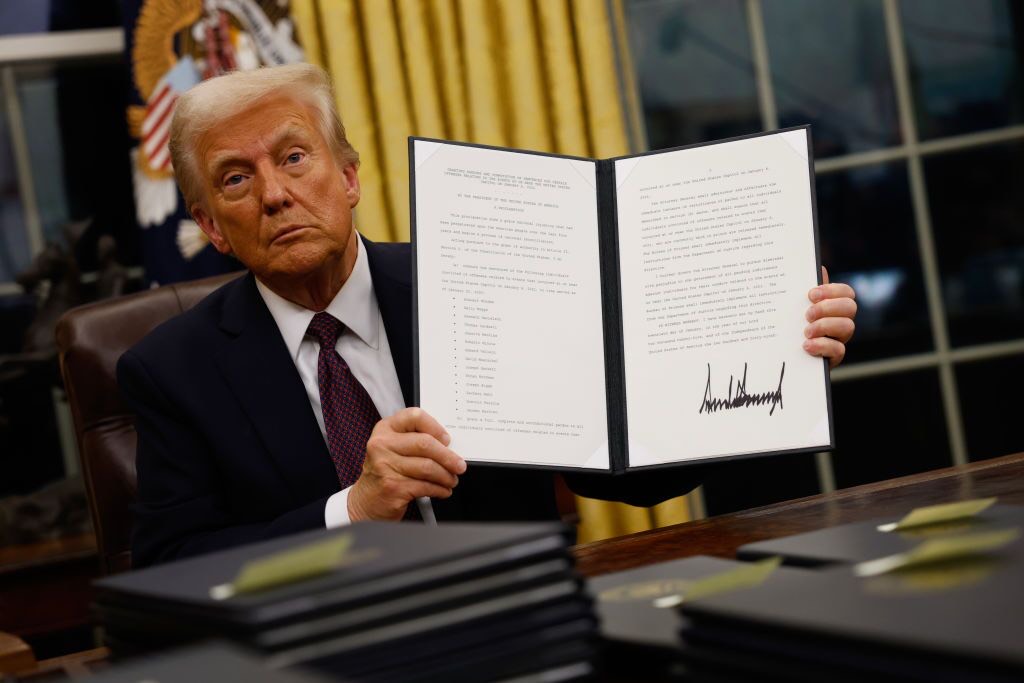Phones feel like a massive part of our adolescent world — whether we’re scrolling through social media, talking with our friends, or managing other aspects of our daily lives. They provide great entertainment in class for the bored, tired students who just want the school day to be over, while they also act as distractions for the teacher who would love it if their students were paying attention to the class. So, it was no surprise that the new phone rule rolled out this school year was met with staunch opposition from students and approval from teachers.
So what is the phone rule? Let’s start with the basics. On July 3rd, 2024, the Pennsylvania Senate approved a bill that let schools crack down on phone usage during the day in hopes of helping their students’ mental and physical health. In response to this and a petition by parents advocating for the ban, the Haverford School Board decided that phones must be put away during class. This ban on phones is meant to remove any distractions students might have during class and to prevent cheating with AI. Many students dislike this new ban, but as much as I would love to be able to pull out my phone any time, I approve of it.
It is a proven fact that phones have a negative effect on health; a Korean study conducted in 2023 showed that adolescents using their phones for more than four hours a day tend to have increased stress, alcohol usage, and suicidal tendencies. According to a 2022 report from My Kids Vision, an organization founded by eye-care professionals to help parents manage their children’s nearsightedness, children aged 8 to 12 years now spend 5-and-a-half hours per day on screen media. Even if the ban on cellphones seems like a terrible thing, it’s meant to better our futures. You might not thank the state Senate for passing the bill now, but you will definitely thank them in the future.
The new cellphone ban has also been helping teachers with keeping their students focused on the topic at hand. Regarding the phone rule, AP Language and Composition teacher Laurie Grady said, “I think it’s great because it’s been really tricky for teachers to enforce the rule on their own, and now that the school board is saying that that’s what they want, it makes it a lot easier for us to enforce it in our classes.”
She isn’t the only one; sophomore Emily Lourng also believes the new rule to be beneficial. “I feel like the stricter phone rule can help keep students focused on schoolwork,” she said. “I am personally fine with the new phone rule since I don’t gravitate toward my phone during class, but I would like to have my phone still.”
While many consider the new phone rule to be a good thing, there can also be downsides to it. For example, not having your phone may lead to feelings of unease. 44% of teens feel this way, according to NBC News. Junior Ebrahim Mondal states, “I like having my phone with me because it’s reassuring knowing that my phone’s with me.” Students can feel secure knowing that in case of an emergency, they can easily pull out their phone and dial 911 or their family. However, students may have the urge to frequently check their phones, thereby releasing stress chemicals into their brain.
Other teens might feel as though losing their phone signifies a lack of freedom and trust from the school. “I don’t really hate the phone rule, but I like having my phone with me because it makes me feel like I have more freedom,” said another junior, Kelin Huang. Letting students have their phones can teach them to be more reliant upon themselves than others. After all, with the development of technology and the increase in options for managing things like money and relationships, letting a teen choose what they want to do with their phone can teach them valuable lessons for the future.
The aforementioned downsides are valid concerns, but they are not as important as the upsides of preventing teens from accessing their phones during class. For one, while being prepared for any situation definitely has its benefits, there are other people within the school who can just as easily alert the authorities, like teachers or hallway monitors. Meanwhile, even if letting students have their freedom comes with valuable life lessons, letting a student’s GPA drop in favor of independence is not a good idea. High school should prepare students for life after high school.
Although the new phone rule has many upsides and downsides, I believe that the phone rule is far more beneficial than it is detrimental. Ultimately, the future matters more than that funny social media post, that one video game you like to play, or that minor text message from your friend asking you about your day. So, next time you’re tapping away on your device, think about how you’re using your phone and how it could affect you and others. Who knows — you might change your mind.















